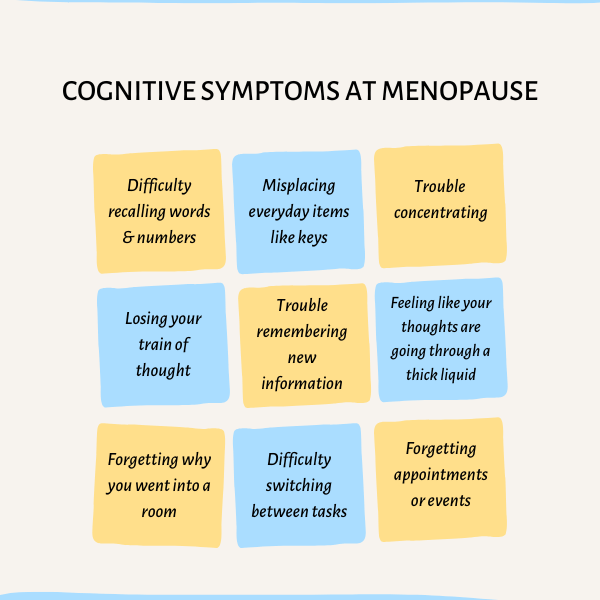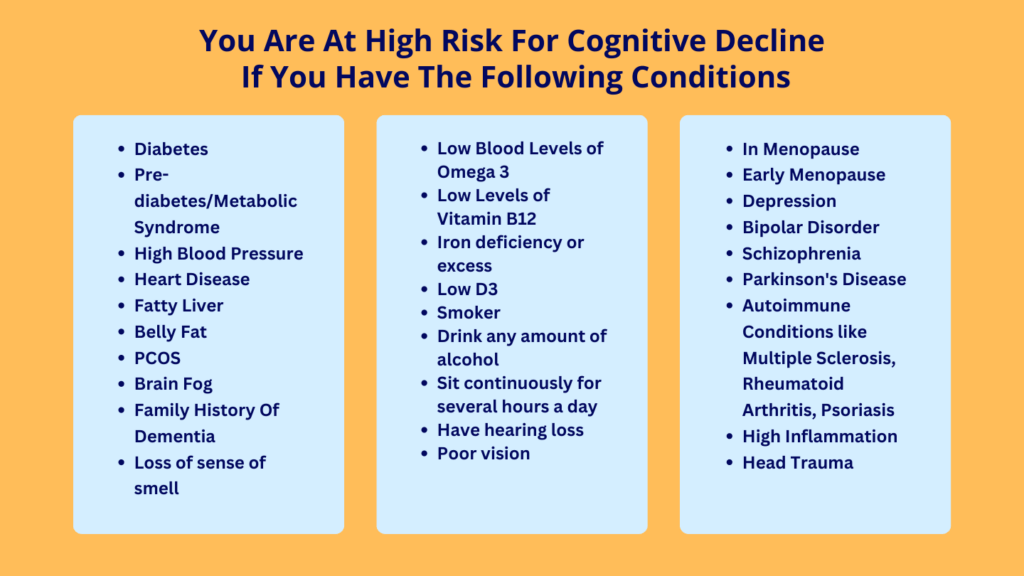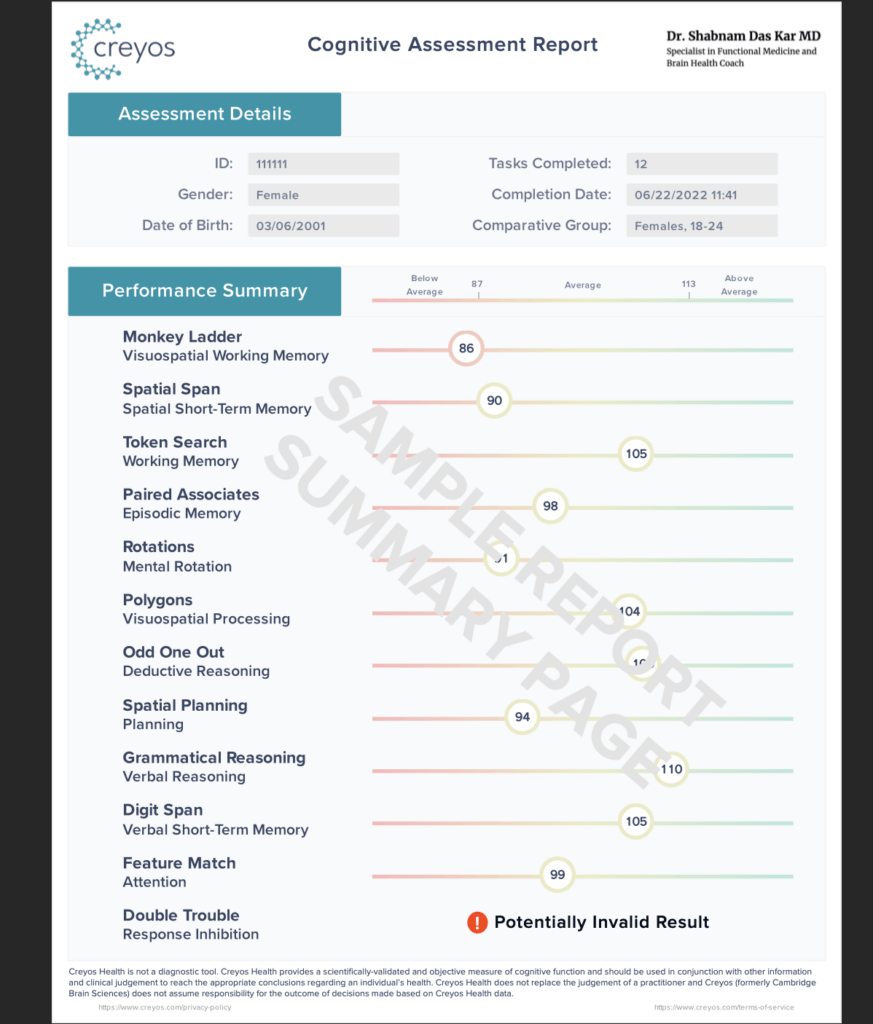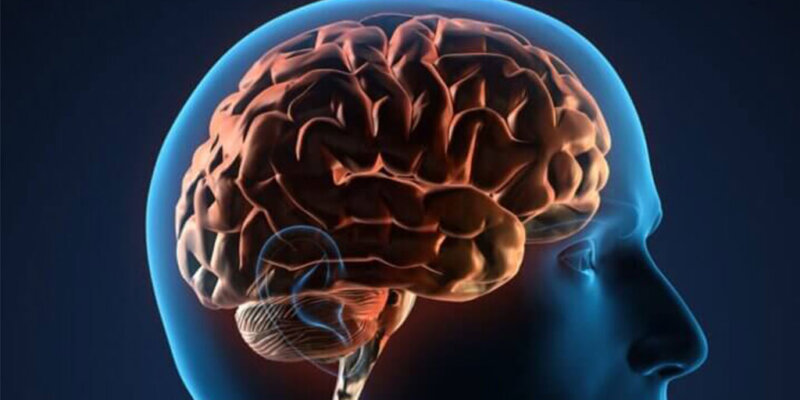Midlife women going through the menopausal transition or in menopause often experience cognitive symptoms like difficulty finding words, losing a train of thought, or forgetting their keys. These symptoms are often described as “brain fog” and can be a source of concern for many women. They may wonder if these symptoms are a prelude to dementia or other cognitive decline.
It’s important to understand that brain fog is a common symptom of menopause and perimenopause. While hot flashes are often associated with menopause, brain fog is a lesser-known but fairly common symptom.
Menopause is defined as the complete cessation of menstrual cycles for at least 12 months, marking the end of natural fertility. On the other hand, perimenopause is the 8-10 years before menopause when hormone levels may fluctuate, resulting in a range of symptoms, including brain fog, insomnia, mood issues, chronic insomnia, pains and aches and many more.
Each woman’s experience of perimenopause and menopause is unique. Some women may sail through this period without experiencing major challenges, while others may feel like they’ve been hit by a truck. It’s important to remember that these symptoms are normal, not signs of dementia or other cognitive decline. If you’re concerned about your symptoms, speaking with your healthcare provider for guidance and support is always a good idea. However, it is important to bear in mind that most healthcare providers are not trained in detecting disease before it occurs.

Is menopausal brain fog a prelude to Alzheimer’s Disease?
More women have Alzheimer’s Disease than men. In the past, it was thought that this was because women lived longer than men. However, recent brain imaging studies in younger women have shown that their brains lose the ability to utilize glucose as a fuel, a finding also seen in people with mild cognitive impairment (MCI). A large percentage of people with MCI eventually progress to dementia.
These studies suggest that brain-fueling problems in middle age may be related to dementia later in life. However, it’s important to note that not all women will develop dementia, even though all women go through menopause. Menopause does not cause dementia, but women after menopause are at a higher risk, particularly if they have additional risk factors. While menopausal brain fog is not necessarily a prelude to Alzheimer’s Disease, it is important for women to be aware of their risk and take steps to maintain their cognitive health.
Is there a way to know who will develop dementia?
There is no SINGLE blood test or brain imaging test that can tell you whether you will develop dementia 5 or 10 years from now, but several risk factors can indicate your level of risk for dementia.

What can you do?
- Do you have the risk factors mentioned above?
- Learn more about the Five Core Strategies To Improve Brain Health.
- Do you have chronic insomnia? Consider Cognitive Behavioural Therapy for Insomnia (CBTi). Sleeping pills, chamomile tea, or sleep hygiene techniques won’t help chronic insomnia.
- Consider going for a brain health test like the one we use in our practice.
- Dementias like Alzheimer’s Disease can be prevented if risks are addressed early. Rather than dismissing your symptoms as “just menopause,” perhaps this is a time for an in-depth assessment of your brain health.
- Find out if hormone therapy is right for you. Here is a podcast episode where Dr. Natasha Iyer and I discuss Women, Hormones and the Brain



